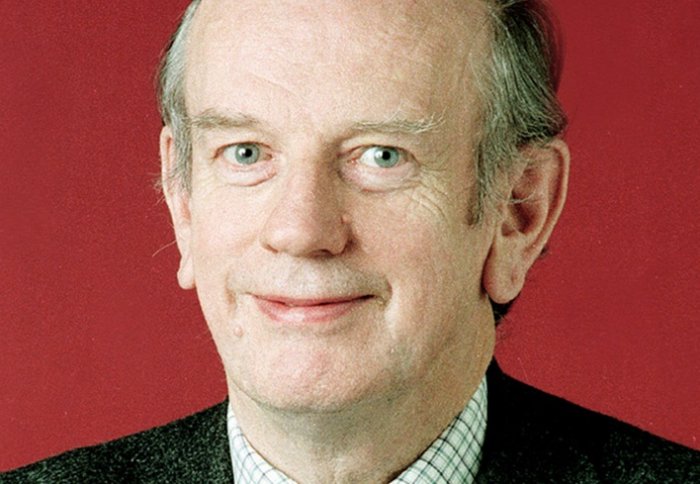We say a sad farewell to Emeritus Professor David Binnie

Colleagues of Emeritus Professor David Binnie say a sad farewell.
David Binnie (Obituary)
David Binnie, Emeritus Professor of Physics, who died on 31st May after a long illness, was a distinguished particle physicist and was Deputy Head of the Department of Physics from October 1992 for three years. He first joined Imperial College in 1961 as one of ‘Blackett’s Babes’ – young members of staff in the physics department who had followed in the wake of Patrick Blackett (Head of Physics from 1953 to 1963) making the move from the University of Manchester. David, together with his colleague Anthony Newth, formed the ‘counter group’ in the High Energy Nuclear Physics Group. It was a time of rapidly developing technology for high energy physics experiments and David helped to pioneer the use of scintillation counters viewed by photomultipliers and image intensifiers. This was in experiments carried out at what was then the new CERN laboratory in Geneva using its first accelerator, the synchrocyclotron, tiny compared with today’s LHC at CERN. Latter he became head of the ‘counter group’ and developed a new technique for studying mesons. This was the neutron time-of- flight technique for missing mass spectrometry which David’s group used in a series of experiments on the Nimrod accelerator at the Rutherford Appleton Laboratory. This was followed by development of high resolution cylindrical multiwire drift chambers by David and his team for experiments on the PETRA colliding beam machine in Hamburg soon followed by their use in the ALEPH experiment on the LEP electron-positron collider in CERN. This association of the Imperial College team with high resolution inner track detectors, most recently exemplified on the present LHC at CERN, can be traced back to the initiatives that David took many years ago.
David was also an inspiring teacher and introduced several new ideas into the teaching laboratories, including the ‘Quantum Lab’ which enabled students to confront some deeply puzzling aspects of quantum mechanics through making their own observations and measurements. After his retirement in 1996 he joined a medical physics group at the Royal Marsden Hospital and his contributions to the solution of physics problems in diagnostic imaging was very much appreciated and resulted in better treatment for cancer patients. He also continued his association with Imperial College as a Senior Research Investigator and, latterly as a Distinguished Research Fellow.
He will be sorely missed by his many colleagues and ex-students at Imperial College.
Article text (excluding photos or graphics) © Imperial College London.
Photos and graphics subject to third party copyright used with permission or © Imperial College London.
Reporter
Caroline Jackson
Department of Physics